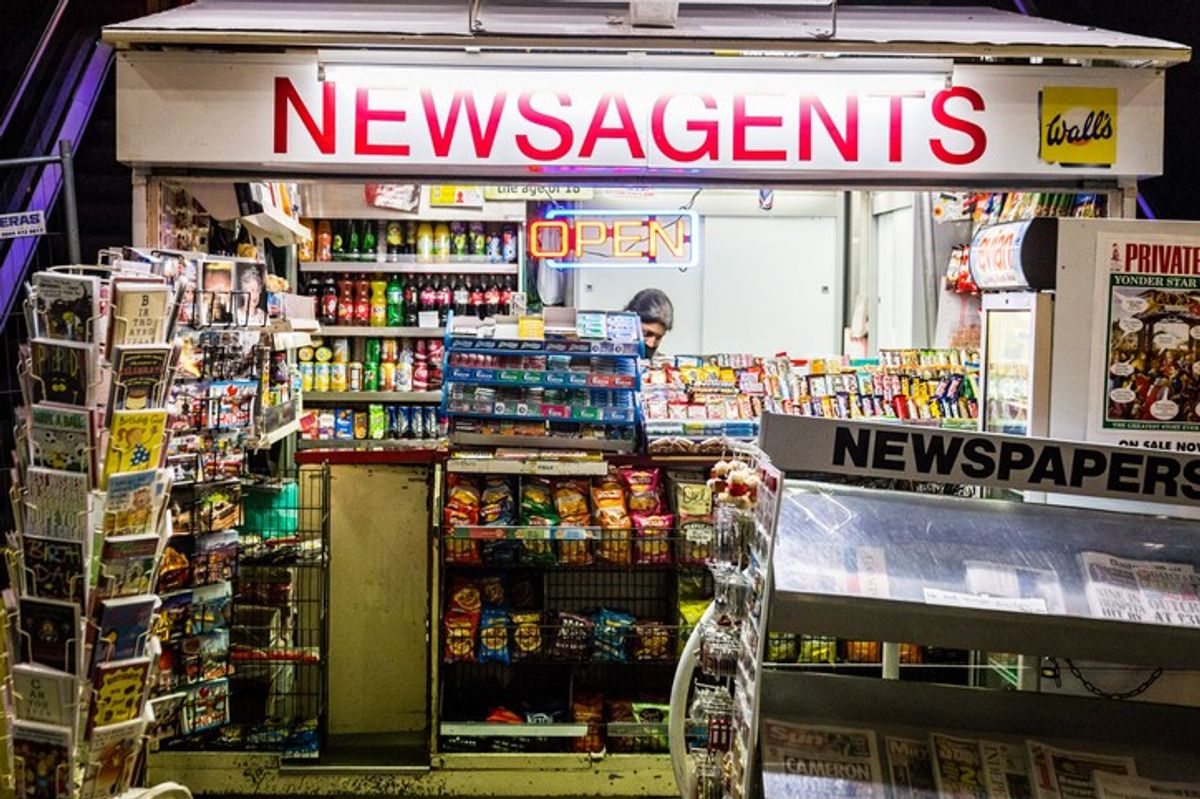Association of Convenience Stores (ACS) has called on the Chancellor to hold back the tide of rising costs for local shops in key areas like business rates, employment, and the cost of providing access to cash.
In its submission to the Treasury ahead of the Budget on March 6, ACS has highlighted the importance of support provided through business rates reliefs in recent years to thousands of stores – particularly the retail, hospitality and leisure reliefs that are set to stay in place through 2024-25. ACS has urged the Chancellor to extend these reliefs further ahead, giving businesses more certainty about their costs in the medium term.
The submission also warns of the challenges of persistent above inflation rises in National Living Wage rates and the impact that they’re already having on businesses. Retailers are already taking difficult decisions to reduce the overall number of paid staff hours in their stores, reducing profit margins, and ultimately reassessing the viability of the business. The future trajectory of the National Living Wage is currently uncertain as the Low Commission achieved its target this year of reaching two thirds of median earnings, with no further targets in place at present.
ACS has called on the Chancellor to maintain the two-thirds target for the foreseeable future, with the option to pause any individual rise to combat wage increases having an adverse impact on employment rates and the economy.
The third key area that retailers are looking for action on in this year’s Budget is access to cash. For a number of years the options for consumers looking to take out money have been declining, with thousands of bank branches abandoning high streets and convenience stores often the only place locally where an ATM is available. The fees that are paid by LINK on behalf of banks to run ATMs (interchange fees) have also been falling in an attempt to reduce the costs of running the network, with the consequence being retailers either removing their free-to-use ATM or switching it to a charging model. ACS is urging the Chancellor to conduct an urgent review interchange fees to ensure that they’re fit for purpose and can sustain a network of ATMs that provides access to cash to every community across the UK.
ACS chief executive James Lowman said, “Convenience stores have battled through difficult times in the last few years, first during the pandemic, then the huge surge in energy costs, supply chain chaos, and most recently the hikes in inflation that have resulted in both a cost of living and a cost of trading crisis. While the economy is showing some positive signs, many stores are trading close to the edge of viability and need the right conditions to invest and evolve. We urge the Chancellor to act on our recommendations and commit to supporting the local shop and the communities that rely on them.”
Additional recommendations made in the submission include:
- Raising the threshold for employer National Insurance Contributions
- Considering a new rating methodology to address the imbalance between online and bricks-and-mortar stores
- Freeze alcohol and fuel duties to relieve future inflation
- Provide more funding to enforce against illicit tobacco and vape sellers
- Address the rising cost of accepting card payments
The full submission is available on the ACS website here.


